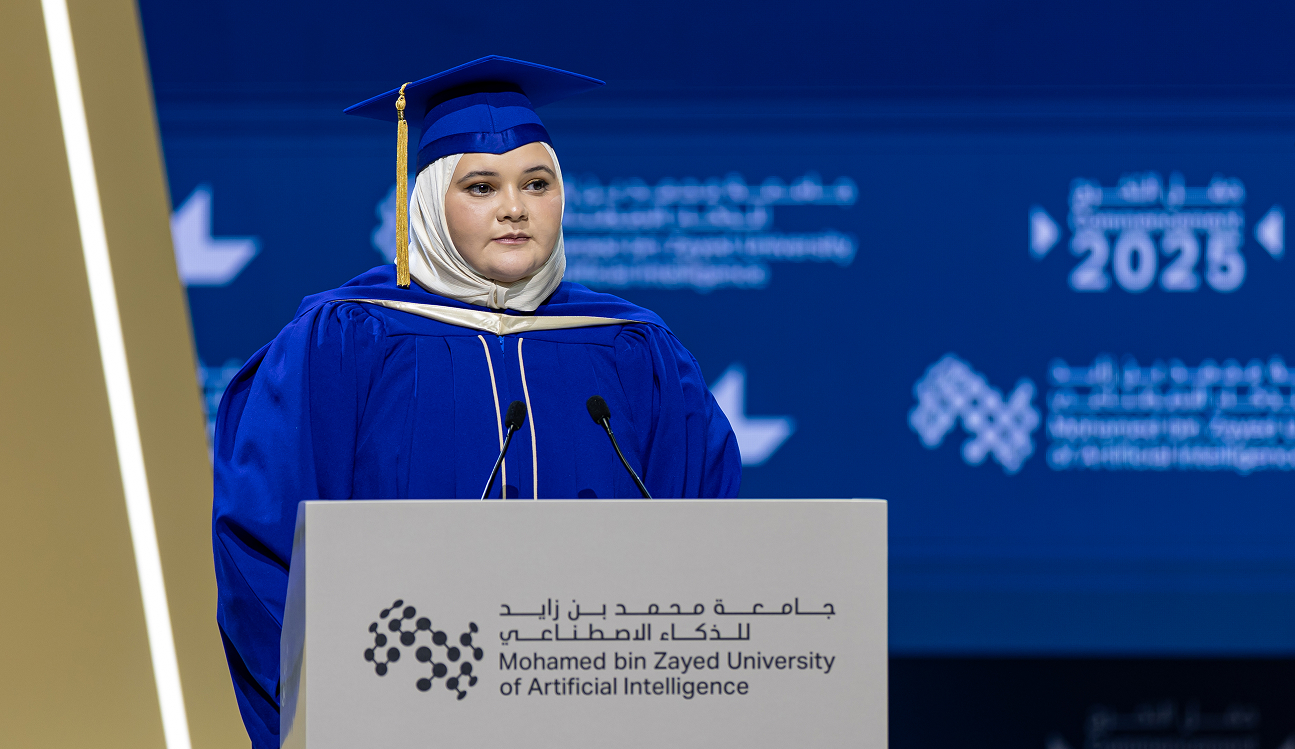Smart grids to optimize energy use
Thursday, January 12, 2023

Smart grids optimize energy use and local energy sharing to reduce load on and disruption of energy services. Typically, smart grids rely on rich user data to optimize the grid, but that puts individual users at risk for identity theft.
Borrowing from the success of smart systems in the healthcare sector MBZUAI researchers in Professor Martin Takac’s team have applied federated learning to efficiently optimize smart grids while safeguarding user data.
Takáč’s current research interests include the design and analysis of algorithms for machine learning including large-scale convex/non-convex optimization problems in a distributed and federated learning setting, applications of machine learning and high performance computing (HPC).
Prior to joining MBZUAI, Takáč was an associate professor in the Department of Industrial and Systems Engineering at Lehigh University in Pennsylvania, USA. He received several awards during this period, including the Best Ph.D. Dissertation Award by the OR Society (2014), Leslie Fox Prize (2nd Prize; 2013) by the Institute for Mathematics and its Applications, and INFORMS Computing Society Best Student Paper Award (runner up; 2012).
Related
Improving diagnosis of neurodegenerative diseases
With 75% of dementia cases going undiagnosed, machine learning graduate and Class of 2025 valedictorian Salma Hassan.....
- prognosis ,
- diagnosis ,
- commencement ,
- Students' Achievements ,
- ML ,
- valedictorian ,
- health ,
- machine learning ,
- alumni ,
- graduation ,
- Neurodegenerative ,
- 2025 Cohort ,
- Graduation Ceremony ,
- Heath Care ,
- News ,
AI for ocean health: how MBZUAI is helping preserve marine ecosystems
To mark World Ocean Day, we look at some of the work MBZUAI is doing to protect.....
- world ocean day ,
- machine learning ,
- sustainability ,
- computer vision ,
- climate ,
- algorithms ,
- oceans ,
- water ,
- marine ,
- conservation ,
Advancing cultural diversity through AI
To mark World Day for Cultural Diversity for Dialogue and Development, we look at how MBZUAI is.....
- language ,
- large language models ,
- llms ,
- diversity ,
- United Nations ,
- culture ,
- cultural awareness ,
- inclusion ,
- benchmark ,
- music ,
- dialogue ,
- low resource ,
- UNESCO ,


